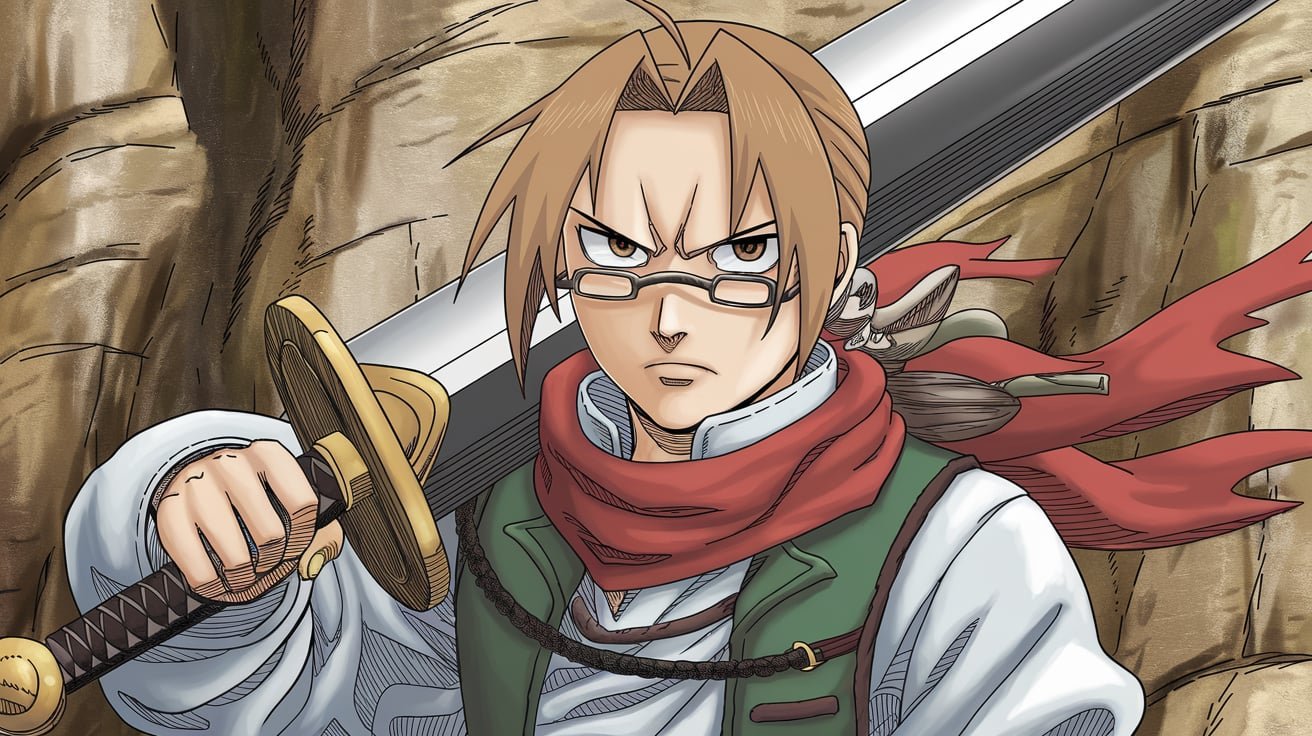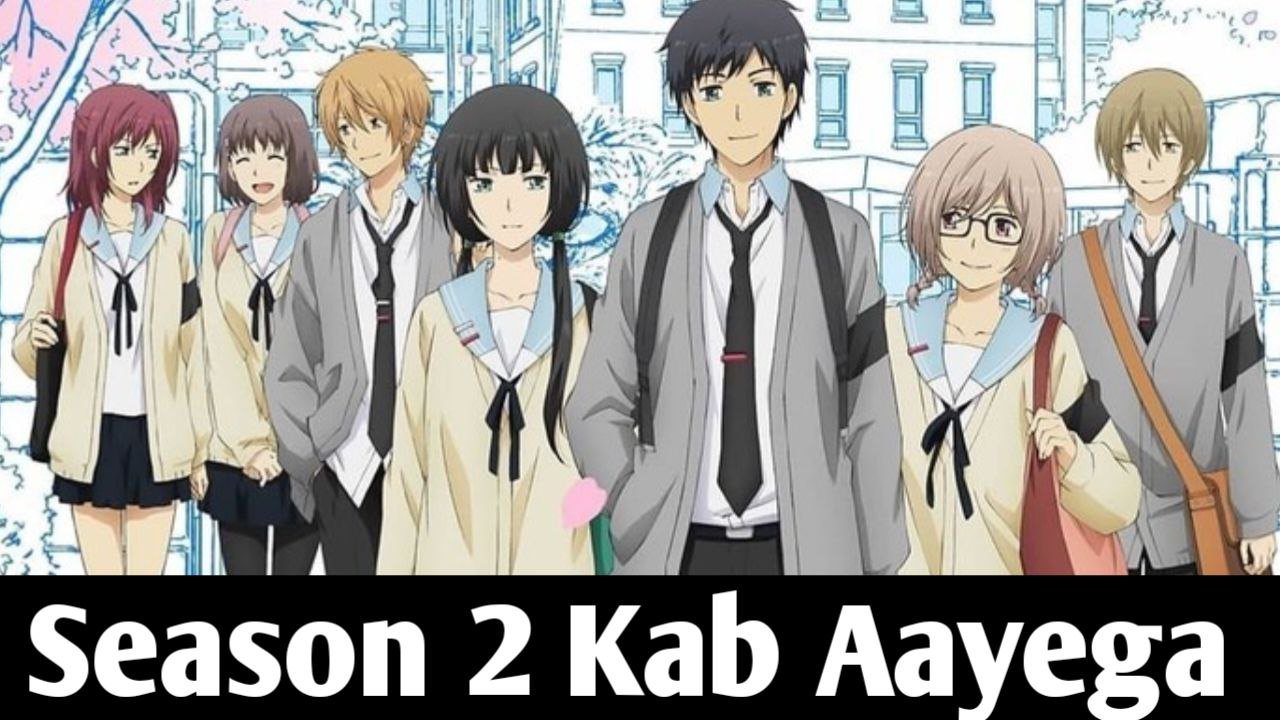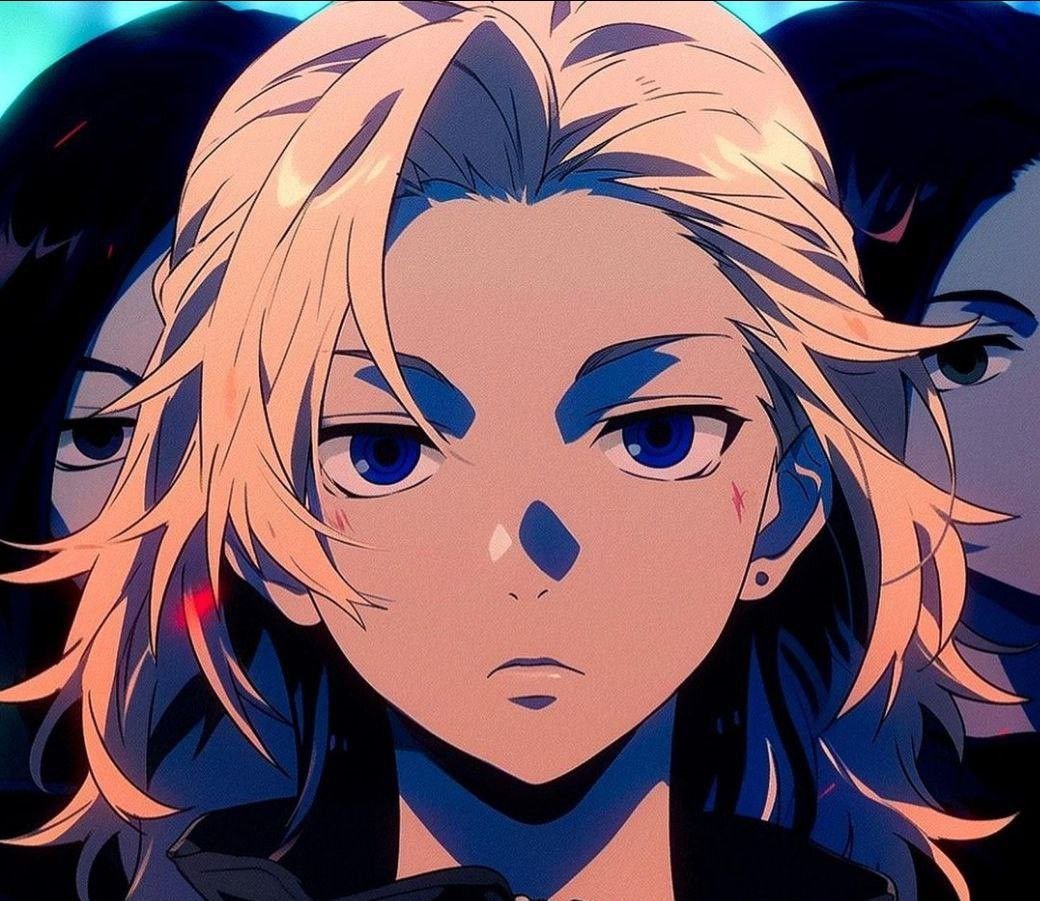Table of Contents
Introduction to Fullmetal Alchemist manga
Fullmetal Alchemist is a renowned work in the manga and anime landscape, created by the talented Hiromu Arakawa. Serialized in Square Enix’s Monthly Shōnen Gangan from 2001 to 2010, the story quickly gained traction, captivating readers with its unique narrative and intricate world-building. The series masterfully combines elements of fantasy, adventure, and drama, showcasing a rich tapestry woven with themes of sacrifice, brotherhood, and the moral implications of human ambition.
At its core, Fullmetal Alchemist follows the journey of two brothers, Edward and Alphonse Elric, who embark on a quest to restore their bodies after a failed alchemical experiment. This premise introduces readers to an elaborate universe where alchemy serves as a powerful science, governed by strict laws and ethical dilemmas. The series meticulously explores the consequences of using alchemy irresponsibly, emphasizing the balance between gaining power and maintaining humanity.
The cultural impact of Fullmetal Alchemist cannot be overstated. It has captured the hearts of audiences not only in Japan but globally, leading to various adaptations, including anime series, films, and a live-action movie. Both anime adaptations—2003’s “Fullmetal Alchemist” and 2009’s “Fullmetal Alchemist: Brotherhood”—have garnered critical acclaim, each executing the storyline with distinct perspectives, yet both staying true to the source material’s spirit. Its popularity reflects a profound connection between the content and its audience, paving the way for discussions about deeper philosophical questions, such as the nature of sacrifice and the quest for redemption.
This compelling saga has cemented itself as a cornerstone of modern manga, influencing newcomers and seasoned fans alike. The storytelling prowess of Hiromu Arakawa’s creation continues to engage and inspire, ensuring that Fullmetal Alchemist holds a significant place in the manga and anime industry.
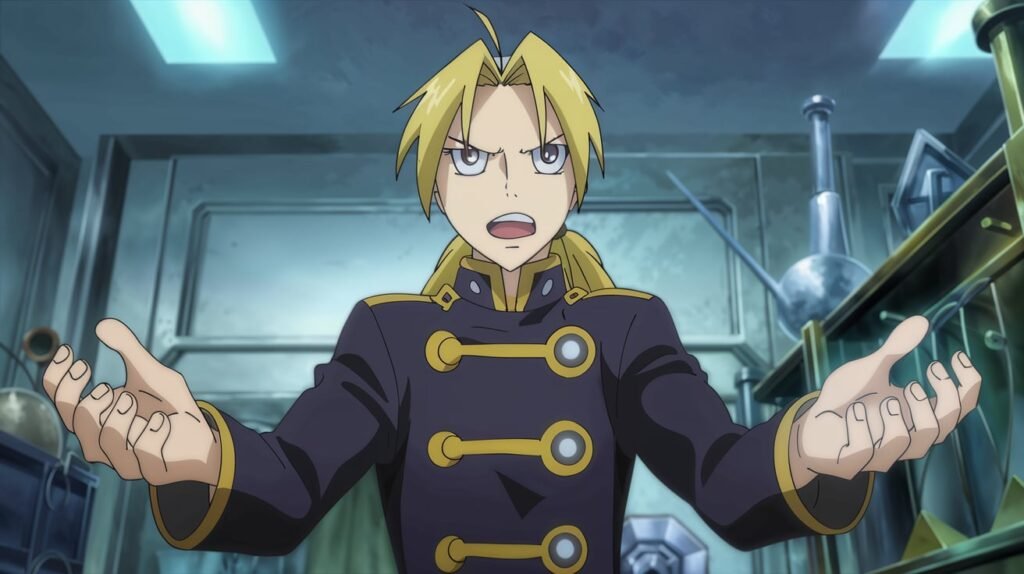
Plot Summary
The narrative of the Fullmetal Alchemist manga revolves around the profound journey of two brothers, Edward and Alphonse Elric, who are deeply impacted by the principles and consequences of alchemy. Beginning with a tragic event, the story unfolds as the brothers attempt to resurrect their deceased mother through alchemical means. This catastrophic attempt leads to severe repercussions, resulting in Edward losing his left leg and Alphonse losing his entire body. In a desperate act, Edward sacrifices his right arm to bind Alphonse’s soul to a suit of armor, setting the stage for their quest for redemption.
Determined to restore their original forms, the brothers embark on a perilous quest for the fabled Philosopher’s Stone, a powerful object believed to amplify the capabilities of alchemy. However, as they navigate the complexities of their world, they encounter the darker side of alchemy, such as its moral implications and the perils associated with the pursuit of absolute power. The brothers’ journey is not only a quest for a physical solution but also a profound exploration of themes such as sacrifice, brotherhood, and the ethical dilemmas intertwined with their field of study.
Throughout the Fullmetal Alchemist manga, the brothers are joined by a diverse array of characters, including allies and antagonists, each contributing to the depth of their adventure. They confront various challenges that test their resolve and understanding of what it means to be human. As their journey progresses, Edward and Alphonse grapple with the limitations of alchemy and the necessity of sacrifice, ultimately leading them to discover the invaluable nature of life itself. Their experience serves as a testament to the strength of familial bonds and the burdens that come with seeking knowledge.
The Rich World of Alchemy
The universe of the Fullmetal Alchemist manga is intricately woven through the principles and laws of alchemy, an essential aspect that influences both the narrative and character development throughout the series. Central to this fictional alchemical system is the concept of Equivalent Exchange, which posits that to obtain something, something of equal value must be given in return. This principle not only serves as a driving moral lesson for the characters but also creates tension and conflict as they navigate a world influenced by the ramifications of their choices.
The intricacies of alchemy depict a society that mirrors the steampunk aesthetic, drawing heavily from the European industrial revolution. The blend of technology and magic offers readers a unique setting where advanced machinery coexists alongside mystical creations, fostering a visually rich storytelling experience. In this world, characters utilize alchemy to transmute materials, creating weapons, tools, and even complex structures. However, they must grapple with the ethical implications of their actions, as the consequences of misuse can be dire, often resulting in loss and sacrifice.
Moreover, the laws of alchemy are portrayed not just as tools for manipulation but as profound philosophical concepts that challenge the characters’ understanding of life and human experience. The protagonists, Edward and Alphonse Elric, embody this struggle as they seek to restore what they lost through their attempts at human transmutation—a violation of the sacred rules of Equivalent Exchange. Through their journey, the Fullmetal Alchemist manga explores themes of regret, redemption, and the inherent value of human connection, thus elevating the narrative beyond mere action and adventure to a poignant exploration of morality and existence.
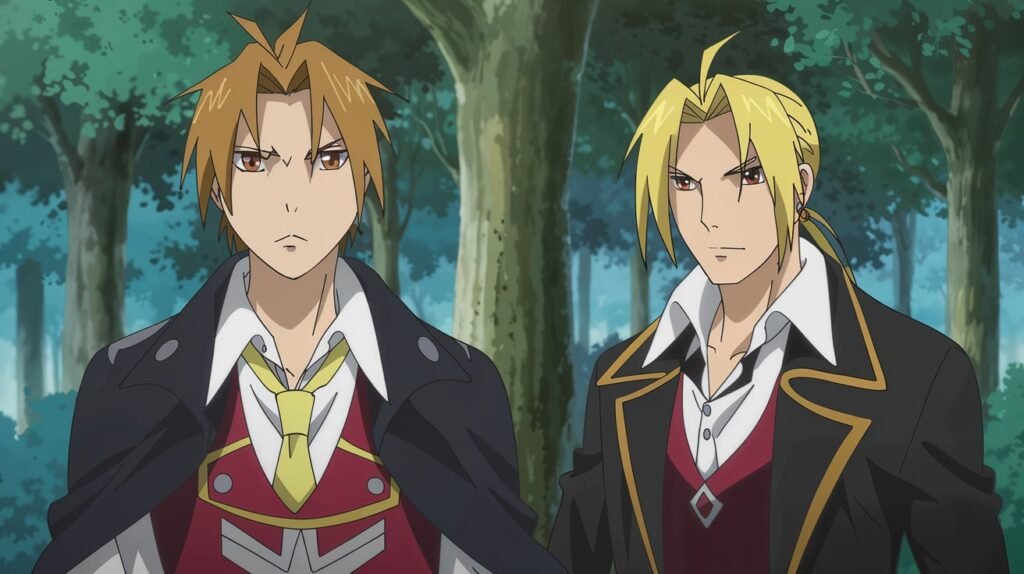
Main Characters and Development
The fullmetal alchemist manga is renowned for its intricate character development and emotional depth. At the center of this narrative are the Elric brothers, Edward and Alphonse, whose journey is marked by profound themes of sacrifice, redemption, and the pursuit of knowledge. Edward Elric, often referred to as the “Fullmetal Alchemist,” is characterized by his fierce determination, intelligence, and strong moral compass. His initial obsession with alchemy stems from the traumatic loss of his mother, prompting him and his brother to attempt a forbidden human transmutation. This endeavor leads to devastating consequences, setting the stage for their quest to restore what they have lost.
Alphonse Elric, Edward’s younger brother, presents a contrast to Edward’s fiery temperament. After their failed transmutation, Alphonse’s soul is bound to a suit of armor, forcing him to confront the limitations of his own existence. This development not only raises existential questions about identity and humanity but also deepens the bond between the brothers. Their relationship serves as the emotional core of the fullmetal alchemist manga, navigating themes of loyalty and sacrifice, as they support each other through their trials.
Supporting characters also play vital roles in the narrative. Roy Mustang, the ambitious and strategic Flame Alchemist, illustrates the complexities of leadership and the moral dilemmas associated with power. Meanwhile, Winry Rockbell, Edward’s childhood friend and a talented mechanic, highlights themes of love and the importance of personal connections in the face of adversity. Each character, from the antagonists to allies, contributes to a rich tapestry that explores the human experience through the lens of alchemy. This complexity elevates the fullmetal alchemist manga beyond mere action, offering profound commentary on growth, loss, and the quest for atonement.
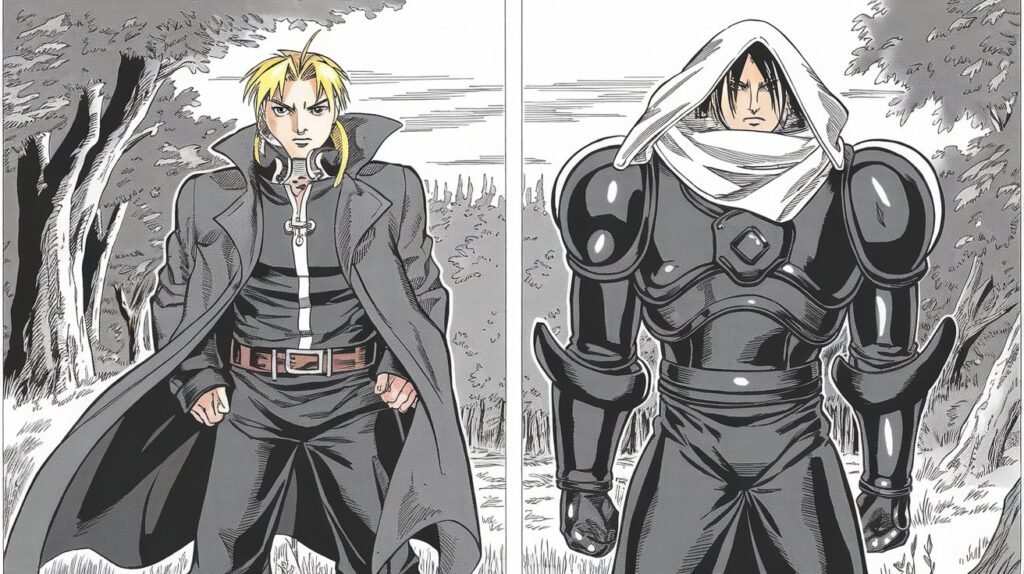
Adaptations of the Manga
The world of Fullmetal Alchemist extends far beyond its original form as a manga series created by Hiromu Arakawa. Since its debut, the story has inspired two notable anime adaptations, films, and various original video animations (OVAs), each contributing uniquely to the franchise.
The first anime adaptation, Fullmetal Alchemist, was released in 2003. This series took considerable creative liberties, diverging from the source material significantly after the initial episodes, thus developing an original storyline. While it maintained the core themes of the manga, such as sacrifice, brotherhood, and the moral implications of alchemy, the later arcs introduced characters and plot elements that were not present in the original manga. Despite this divergence, the 2003 series has garnered a dedicated following, praised for its emotional depth and the exploration of darker themes.
In contrast, Fullmetal Alchemist: Brotherhood, which aired in 2009, adheres more closely to the manga’s narrative. This adaptation begins following the events of the manga more faithfully from the onset and continues through to its conclusion, bringing to life the entire arc that Arakawa crafted. Brotherhood is often celebrated for its pacing and the inclusion of all characters and details from the original Fullmetal Alchemist manga, allowing for a more immersive experience that respects the source material.
In addition to these series, the franchise also features films such as “Fullmetal Alchemist: The Sacred Star of Milos,” which presents an original storyline that complements the universe established in both anime adaptations. Furthermore, various OVAs have expanded on side stories and character development. Overall, while each adaptation offers a unique viewing experience, they collectively enrich the narrative established in the acclaimed Fullmetal Alchemist manga.
Critical Reception and Awards
The “Fullmetal Alchemist” manga, created by Hiromu Arakawa, has garnered significant acclaim since its debut in 2001, establishing itself as a landmark in the world of manga. Its intricate storylines, well-developed characters, and profound themes have resonated deeply with audiences, contributing to its status as one of the best-selling manga series of all time. As of October 2023, the “Fullmetal Alchemist” manga has sold over 70 million copies worldwide, a testament to its immense popularity and influence.
Critics have praised the series for its masterful blend of action, drama, and philosophical exploration. Reviewing the series in publications like “Anime News Network” and “IGN,” experts have highlighted the series’ ability to tackle complex themes such as sacrifice, humanity, and the moral consequences of one’s actions. This depth of narrative has earned “Fullmetal Alchemist” high scores and positive reviews, establishing it as a critical favorite and a must-read for manga enthusiasts.
In terms of accolades, “Fullmetal Alchemist” received the prestigious Shogakukan Manga Award in 2003 and the Eagle Award for Favourite Japanese Manga in 2005. These awards underscore the series’ impact within the manga community, recognizing its quality and popularity across various readership demographics. Moreover, the series has also been recognized in multiple adaptations, including anime adaptations and a live-action film, further solidifying its cultural significance and reach.
The exceptional blend of storytelling, character development, and thematic depth has culminated in “Fullmetal Alchemist” not only being celebrated by critics but also cherished by fans. Its widespread acclaim and numerous awards reinforce its position as a seminal work in the manga world, captivating audiences and maintaining intriguing discussions long after its conclusion.
Fullmetal Alchemist vs. Fullmetal Alchemist: Brotherhood
The comparison between the original Fullmetal Alchemist anime and Fullmetal Alchemist: Brotherhood has long been a topic of discussion among fans. Both adaptations draw inspiration from Hiromu Arakawa’s critically acclaimed manga; however, they diverge in significant ways. The original series aired from 2003 to 2004, while Brotherhood debuted in 2009, and the latter is often hailed for its closer adherence to the source material.
One of the primary distinctions lies in the storyline. The original Fullmetal Alchemist diverges from the manga’s plot around the halfway point, introducing unique characters and original content that was not present in the manga. This creative liberty resulted in an alternative conclusion to the story, which, while appreciated by some fans, left others feeling disconnected from the manga’s true narrative. In contrast, Fullmetal Alchemist: Brotherhood remains faithful to the narrative crafted by Arakawa, providing a more accurate representation of the character arcs and thematic elements presented in the fullmetal alchemist manga.
Character development is another crucial area where the adaptations differ. Brotherhood features more comprehensive character arcs and backstories, allowing viewers to engage with the complexities of characters such as Scar and Lust. This depth is rooted in the manga, which elaborates on their motivations and histories. Meanwhile, the original series occasionally sacrifices character detail for the sake of pacing, leading to less nuanced portrayals in some instances. Thus, for those prioritizing character exploration and relationships, Brotherhood stands out as a superior adaptation of the fullmetal alchemist manga.
Ultimately, the choice between the two adaptations comes down to personal preference and priorities regarding fidelity to Arakawa’s original vision. Fans of the original Fullmetal Alchemist appreciate its unique take, while others favor the complete and accurate representation offered by Brotherhood. Each series contributes uniquely to the legacy of the fullmetal alchemist manga, catering to a diverse audience.
Significant Themes and Symbolism
The fullmetal alchemist manga is renowned not only for its captivating narrative but also for the profound themes and symbolism interwoven throughout its storyline. One of the most significant elements of the manga is its exploration of the nature of humanity. The characters, especially Edward and Alphonse Elric, grapple with their identities and what it means to be human after experiencing loss and hardship. Through their journey, the fullmetal alchemist manga poses essential philosophical questions regarding the essence of humanity, pushing readers to reflect on their existence and the moral implications of their choices.
Another pivotal theme present in the fullmetal alchemist manga is the examination of science and ethics. The story raises critical questions about the boundaries of scientific endeavors and the moral responsibilities that accompany them. This theme is encapsulated in the practice of alchemy itself, which is depicted as a powerful tool that, when misused, can lead to catastrophic consequences. The sacrifices and consequences faced by the characters serve as a warning about the unchecked ambition of human beings, emphasizing the importance of ethical considerations in the pursuit of knowledge.
Furthermore, the theme of sacrifice is intricately tied to the characters’ journeys. The Elric brothers’ quest to restore their bodies is not merely a physical endeavor but a profound exploration of what they are willing to give up in order to achieve their goals. This theme highlights the notion that sacrifice often accompanies personal growth and self-discovery. Symbolically, the significant losses they endure can be seen as a reflection of the costs of ambition in the realm of alchemy.
In conclusion, the themes and symbolism within the fullmetal alchemist manga enrich the narrative, inviting readers to engage with complex questions about humanity, ethics, and the essence of sacrifice, ultimately enhancing the emotional resonance of the story.
Conclusion and Legacy
The Fullmetal Alchemist manga has established itself as a seminal work within the realm of manga and anime, captivating audiences since its debut. Over the years, its rich storytelling, multifaceted characters, and intricate themes of sacrifice, morality, and the quest for knowledge have contributed to its status as a classic. The narrative intricately weaves the complexities of human emotion with philosophical queries, making it a profound exploration of the human condition.
This series has not only garnered a dedicated fanbase but also influenced a multitude of subsequent works in the manga and anime landscapes. Many creators cite Fullmetal Alchemist as a significant source of inspiration, reflecting the series’ capability to intertwine deep, thematic content with engaging narratives and compelling visuals. Its impact can be observed in various forms of storytelling, encouraging creators to delve deeper into character development, ethical dilemmas, and the nuances of relationships.
Moreover, the ability of Fullmetal Alchemist to resonate with audiences of all ages speaks to its universal themes. Its narrative challenges readers and viewers alike to confront their own moral compasses, making the series relatable and engaging across generations. The enduring popularity of both the original manga and its adaptations, including the 2003 anime and its more faithful adaptation, Fullmetal Alchemist: Brotherhood, showcases the multifaceted appeal of the franchise.
In conclusion, the legacy of the Fullmetal Alchemist manga goes beyond its published pages. It serves as a benchmark for quality storytelling within the medium, shaping the expectations of manga and anime enthusiasts. As new generations of fans discover the series, its influence continues to thrive, leaving a lasting imprint on the creative landscape and inspiring future storytellers for years to come.

